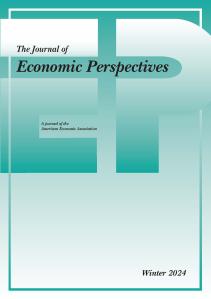We study extrinsic and intrinsic motivations for tax compliance in the context of a local church tax in Germany. This tax system has historically relied on zero deterrence so that any compliance at baseline is intrinsically motivated. Starting from this zero deterrence baseline, we implement a field experiment that incentivized compliance through deterrence or rewards. Using administrative records of taxes paid and true tax liabilities, we use these treatments to document that intrinsically motivated compliance is substantial, that a significant fraction of it may be driven by duty-to-comply preferences, and that there is no crowd-out between extrinsic and intrinsic motivations.
Authors

CPP Director, IFS Research Director
Imran is Professor of Economics at University College London and Director of the Centre for the Microeconomic Analysis of Public Policy at the IFS.

Research Associate Princeton University
Henrik is an IFS Research Associate and a Professor of Economics at Princeton University and an Editor of the Journal of Public Economics.

Johannes Rincke

Nadja Dwenger
Journal article details
- DOI
- 10.1257/pol.20150083
- Publisher
- American Economic Association
- JEL
- C93, D64, H26, H71, K34, Z12
- Issue
- Volume 8, No. 3, August 2016, pages 203-32
Suggested citation
Dwenger, N et al. (2016). 'Extrinsic and Intrinsic Motivations for Tax Compliance: Evidence from a Field Experiment in Germany' 8, No. 3(2016), pp.203–32.
More from IFS
Understand this issue

Spring Budget 2024: What you need to know
7 March 2024

Spring Budget 2024: the Chancellor’s options

The £600 billion problem awaiting the next government
25 April 2024
Policy analysis

Spring Budget 2024
6 March 2024

Reforming the taxation of non-doms: policy options and uncertainties
4 March 2024

Oil and gas make Scotland’s underlying public finances particularly volatile and uncertain
27 March 2024
Academic research

Does the value-added tax add value? Lessons using administrative data from a diverse set of countries
9 February 2024

Intertemporal income shifting and the taxation of business owner-managers
24 January 2024

Insurance, redistribution, and the inequality of lifetime income
2 November 2023